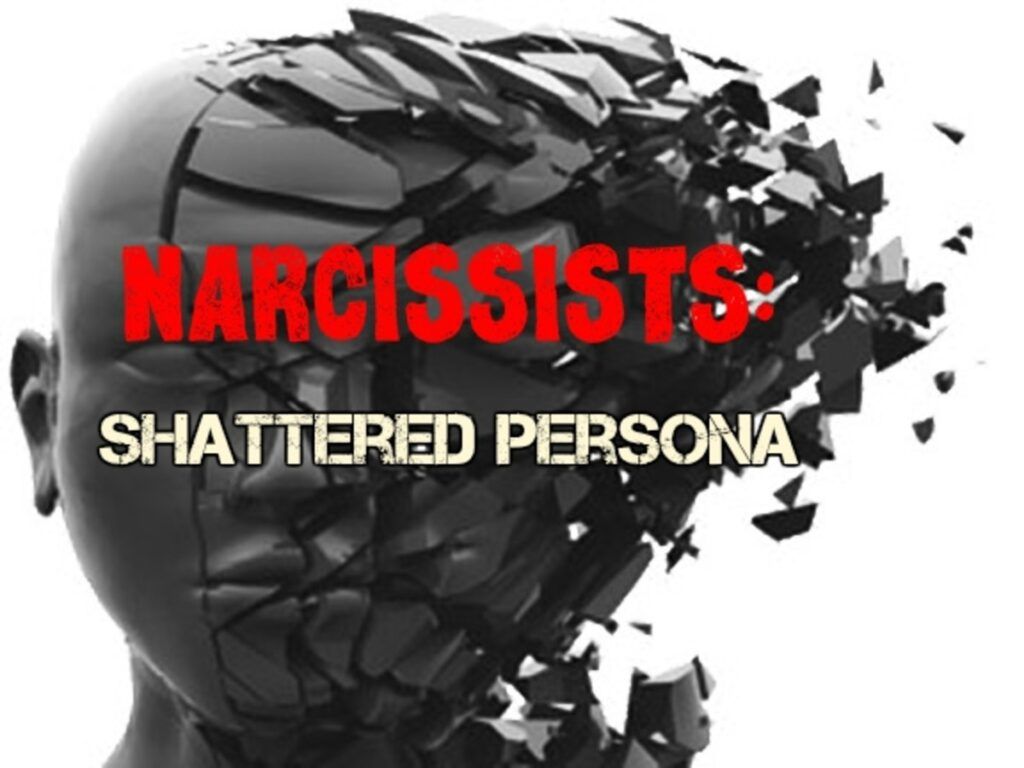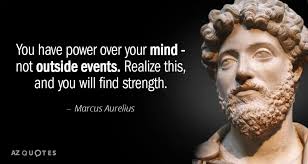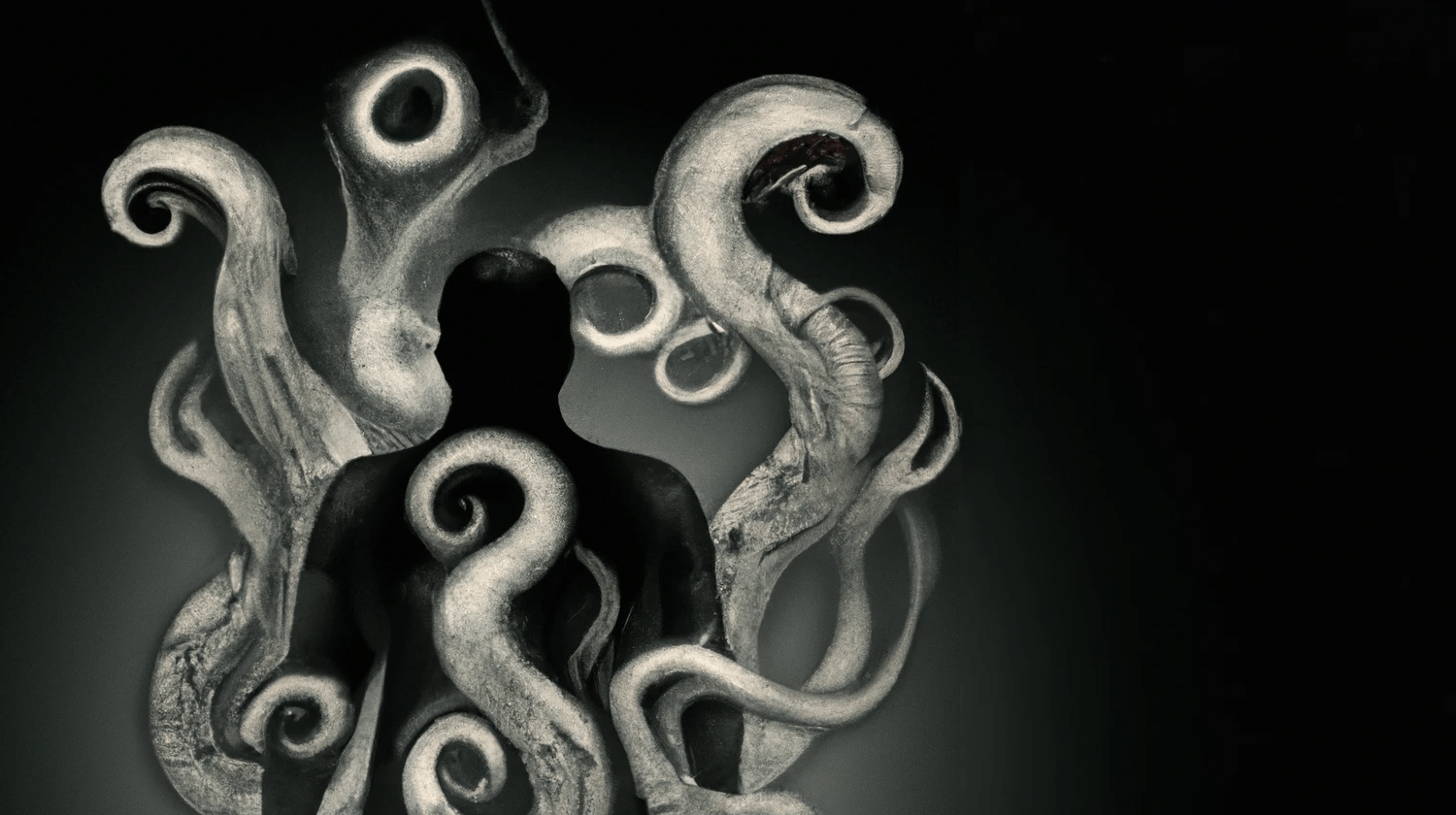When the demon doesn’t even know it exist, killing it is difficult
Dear Reader,
I’m about to share a deeply personal journey, one that explores my past, the impact of my actions on others, my path to self-improvement, and my ongoing quest to become a better version of myself. This post reflects my commitment to honesty and healing, not just for my sake, but for the betterment of all those involved in my life. It’s a long read, but it’s time to share my story.
Narcissism, often regarded as a psychological swear word, is a complex issue. Many therapists refuse to work with individuals exhibiting Narcissistic Personality Disorder (NPD), and the prognosis can be grim. But is it possible to find a glimmer of hope in the darkness of NPD diagnosis?
Years ago, I received the diagnosis of NPD. This disorder is characterized by a grandiose sense of self, limited empathy, and an insatiable need for admiration. My journey to this diagnosis was marked by self-reflection, accidental research discoveries, recognition of familiar patterns, failed relationships, and a gradual refinement of manipulative techniques. Initially, it felt like a devastating sentence, unraveling my world and revealing that I saw the world differently, that people were mere pawns in my game.
As I delved into research, I discovered the power that came with being a “master manipulator.” I honed my skills, exploring manipulative techniques that brought varying degrees of success. For instance, I used “Love Bombing” and “Triangulation” as tools for manipulation in romantic conquests. I gathered information about others, exploiting it for personal gain, be it in the workplace, personal relationships, or simply seeking acceptance and “love.”
My early childhood was marred by my parents’ separation when I was just a child. I remember the day my father left, and the burden placed on my young shoulders to protect my mother. Such experiences should never befall a five-year-old, yet there I was, the self-proclaimed man of the house in a small, broken flat. These early memories, my only recollections of my parents together, cast a long shadow on my life.

According to professionals, narcissism often stems from severe childhood trauma, pushing the victim toward one of two paths: NPD or empathy. However, my journey toward empathy didn’t truly begin until much later, and it came at a cost – not just to myself, but to those around me. The path I had taken left destruction in its wake.
I won’t delve into the details of the destruction, as those who’ve dealt with a narcissist can attest to the harm they can cause. Instead, let’s move on to the discovery phase.
After causing harm to another loved one and numerous shouting matches, I reluctantly sought help from yet another therapist. This time was different; I was ready for change, or so I thought. I opened the conversation with a confession, “I think I am a narcissist.” The therapist began with a personality test that painted a bleak picture, and next thing I know I was diagnosed as NPD. I left that session broken, in denial, and consumed by fear and anger.
The demon within me, as I call it, served as a means to distance myself from the person I once was and did not want to be anymore. It was a necessary step to separate the traits I wished to nurture from those that needed to wither. Understand that this “demon” is not a physical entity, but a metaphorical one, a way to make sense of the internal struggle.
When the demon’s actions became too destructive, especially toward my mother, my inner child appealed to me. I was confronted with the impact of my actions, and it was a turning point. I cracked, and for the first time, I felt empathy – the empathy that had eluded me my entire life. This newfound empathy came at a high price, as I had to confront the monster I had become.

My life changed that day. I had never before felt the weight of my actions as I did then. While other moments had hinted at the consequences, this was different. My mother, my ultimate caregiver and supporter, should never have suffered because of me. My journey to change began in earnest, fueled by a desire to ensure that my loved ones would never endure such pain again, especially my mother, the epitome of resilience.
Forgiveness became a critical part of my healing journey. I forgave my father for his impact on my life, recognizing that he, too, was a flawed human. Our relationship has since grown stronger, a testament to the potential for change. I also needed to forgive myself for the harm I had caused, a process that remains ongoing. My mother, on the other hand, never needed to forgive me because she never gave up on me. She continues to be my staunchest supporter, even after enduring the pain I inflicted.
Other forms of forgiveness followed, a process of letting go and moving forward. The journey to healing is ongoing, and reminders of past harm can resurface unexpectedly. My solace lies in my commitment to never inflict such pain again and to continually strive for personal growth and the healing of others’ trauma.

Changing the inner voice became crucial. Letting the healing process unfold naturally, becoming an authentically self-governed individual driven by empathy, forced introspection, and a relentless pursuit of righting past wrongs – it’s not easy, but it’s worth it.
Unfortunately, I struggled with alcoholism. My recognition of the NPD problem, coupled with my propensity for substance abuse, led to a crippling dependency on alcohol. Alcohol became my escape, numbing the pain of life, but also blurring my path to improvement. It took a pivotal moment – a fight with my partner and the realization that I was losing her – to drive me to quit drinking. It was one of my proudest moments, a choice made to defy my narcissistic tendencies and prioritize the well-being of my loved ones.
Overcoming alcoholism was a significant milestone in my healing journey, reinforcing my commitment to change. The demon is no longer in control, though I won’t say it’s fully vanquished. I remain vigilant, driven by the desire to be better than I was yesterday.
Healing from narcissism is possible, but it requires unwavering dedication. Motivation won’t come from external sources or applause; it must stem from the realization of the devastation caused by one’s actions, the impact on loved ones, and the desire for trust and love from those closest to you. Everything is up to you.

Please don’t shy away from therapy. Therapists can provide invaluable guidance and tools for specific situations and behaviors. Encourage your loved ones to call out your actions when they see them. My loved ones have been my guides, and their feedback has been instrumental in my progress.
Change is gradual, but it’s possible. I often catch myself recognizing old paths I would have taken, now off-limits due to their destructive nature and my newfound care for others. My healing journey continues, and sobriety has become a daily reminder of my progress and the dangers of my past.
Please also read my next blog, You don’t own me, my Stoic support guide. This was one of the greatest tools I found along the way to help me maintain on course. Stoicism at its core, is a serving philosophy. Ironically, something I have always wanted to achieve, and also the reason for my ongoing transformation, coaching, and multiple outreach programs ass a consultant. I dare to serve, so I may dare to be alive again.
Remember, the journey to healing is ongoing, but the path is worth taking. Life is not only suffering, but it’s also full of opportunities for growth and transformation. Embrace your journey, and may you find healing and love along the way.
Amor fati



